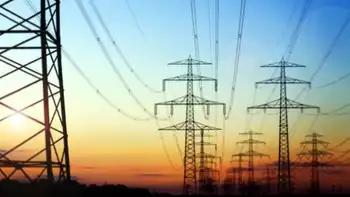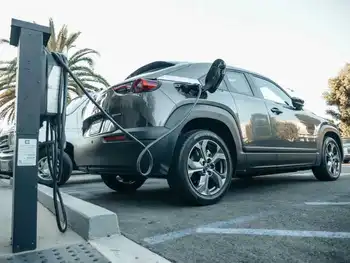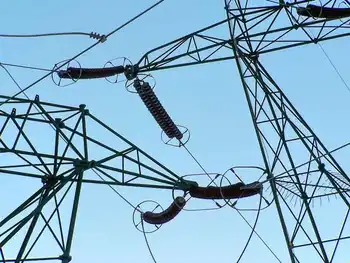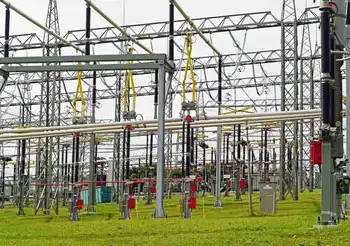Bulgaria, Areva to cooperate on nuclear
The French state-owned nuclear group will provide expertise on nuclear safety standards and will look for opportunities to develop atomic energy projects in the Balkan country, Areva's chief executive Anne Lauvergeon told reporters.
Areva has taken part in the upgrades of Bulgaria's two 1,000 Soviet-made reactors at the Kozloduy nuclear power plant. It is also a subcontractor to Russia's Atomstoryexport, contracted to build a new nuclear power plant at Belene, on the Danube.
Following Japan's nuclear disaster, Bulgaria delayed the Belene project and pledged to decide by June whether it would push ahead with the plant to be situated on the border with Romania and near a quake zone.
"For new nuclear plants, it is clear that the highest safety standards are going to be the motto," Lauvergeon told reporters.
"We are going to follow all the discussions and to be part, I hope... of the solutions chosen by the Bulgarian government," she said.
Prime Minister Boiko Borisov said Areva was a serious partner who will help Bulgaria defend its nuclear energy plans in the European Union.
"We want to make sure the new plant at Belene meets the highest safety standards... and that is why we need Areva's expertise. We do not want to build the plant and then be forced to shut it down," Borisov told the same news conference.
The memorandum also covers cooperation in renewable energy projects, mainly offshore wind energy.
Bulgaria contracted Atomstroyexport to build the Belene plant in 2006, but the project has stalled over price disputes with Russia and government's indecision whether the project will be feasible.
Related News

City of Vancouver named Clean Energy Champion for Bloedel upgrades
VANCOUVER - The City of Vancouver has been selected as BC Hydro’s first Clean Energy Champion for energy efficient upgrades made at the Bloedel Conservatory that cut greenhouse gas emissions by 90 per cent.
BC Hydro’s Clean Energy Champions program is officially being launched today to recognize residents, businesses, municipalities, Indigenous and community groups across B.C. that have made the choice to switch from using fossil fuels to using clean electricity in three primary areas: homes and buildings, transportation, and industry. The City of Vancouver is being recognized as the first champion for demonstrating its commitment to using clean energy to…





